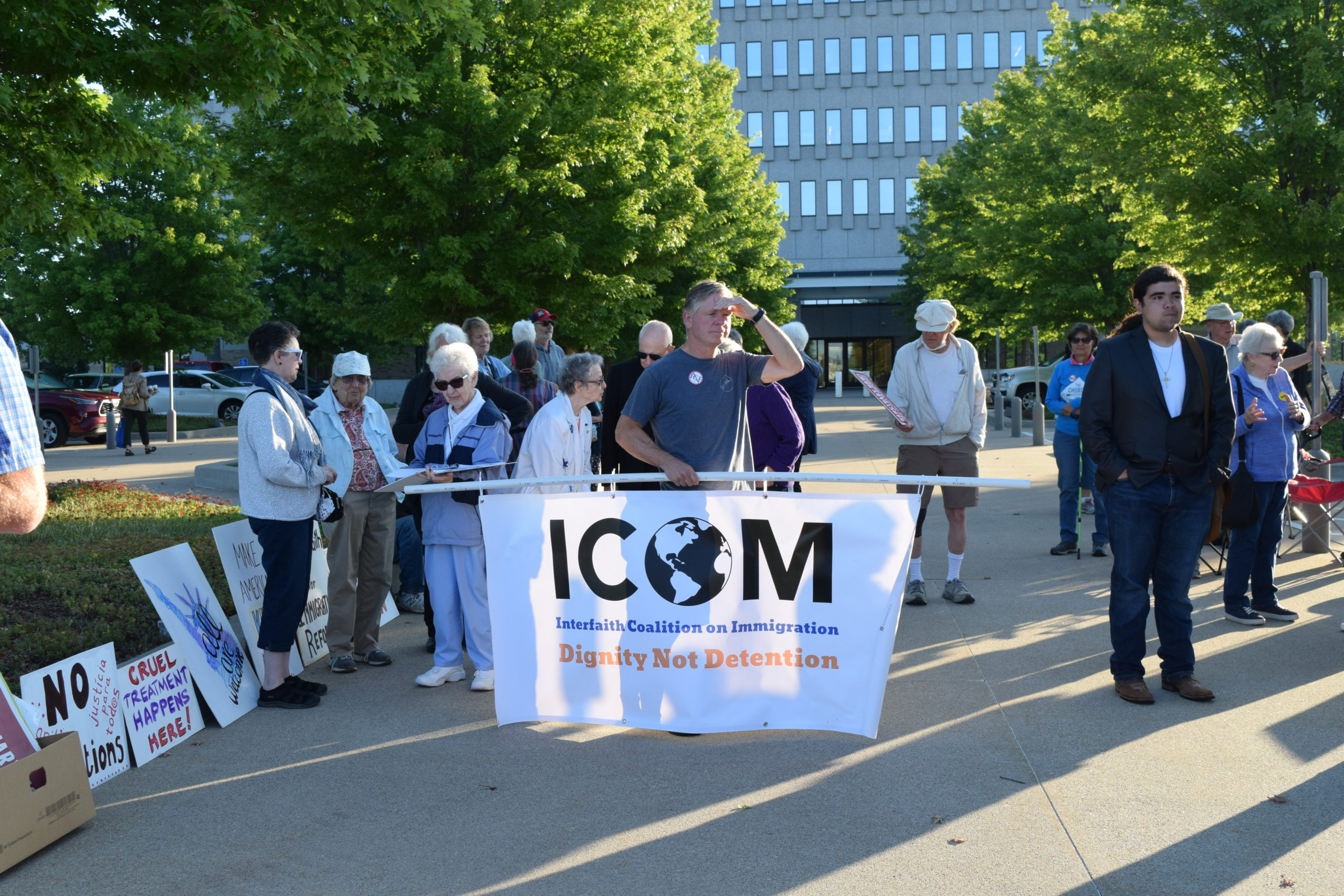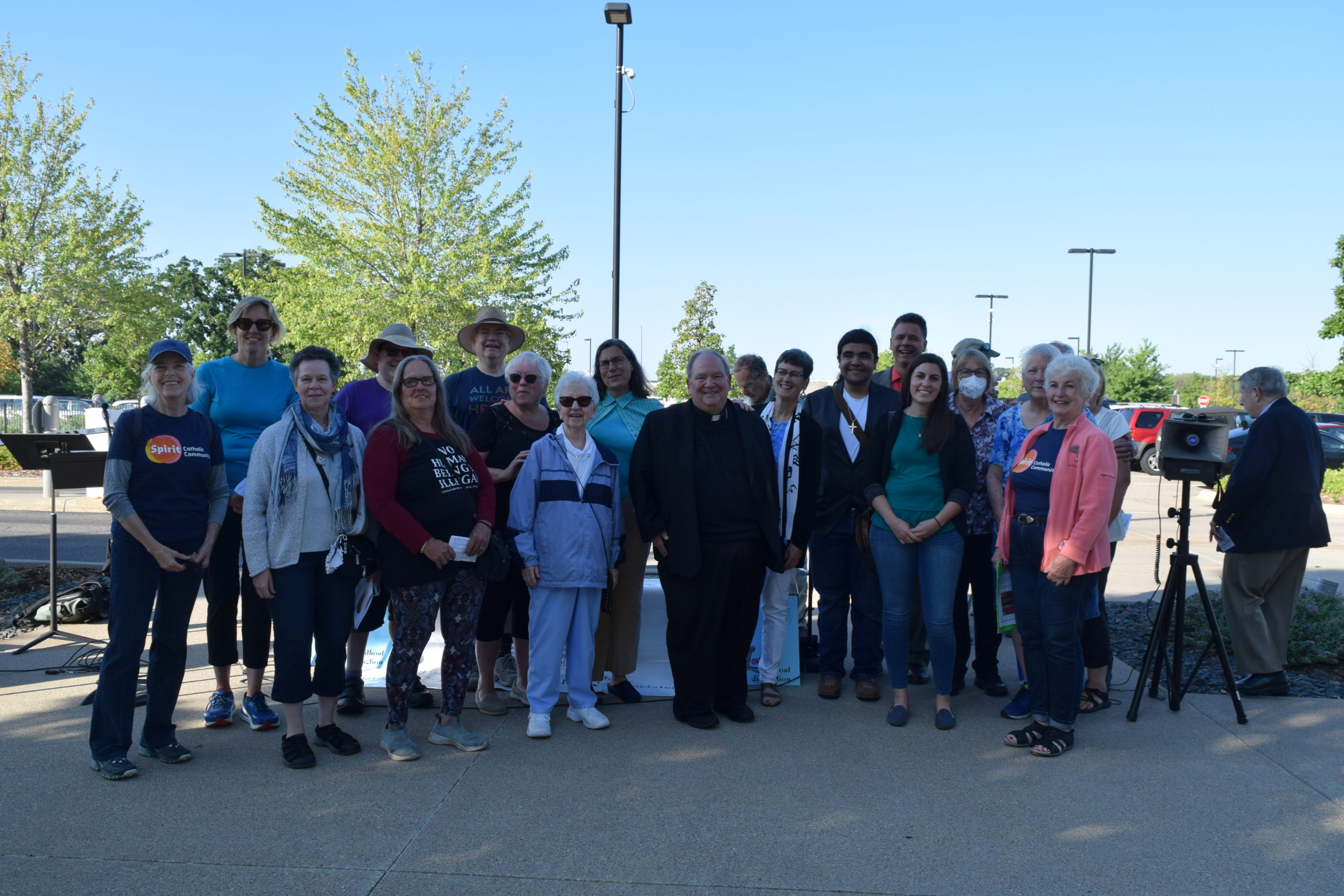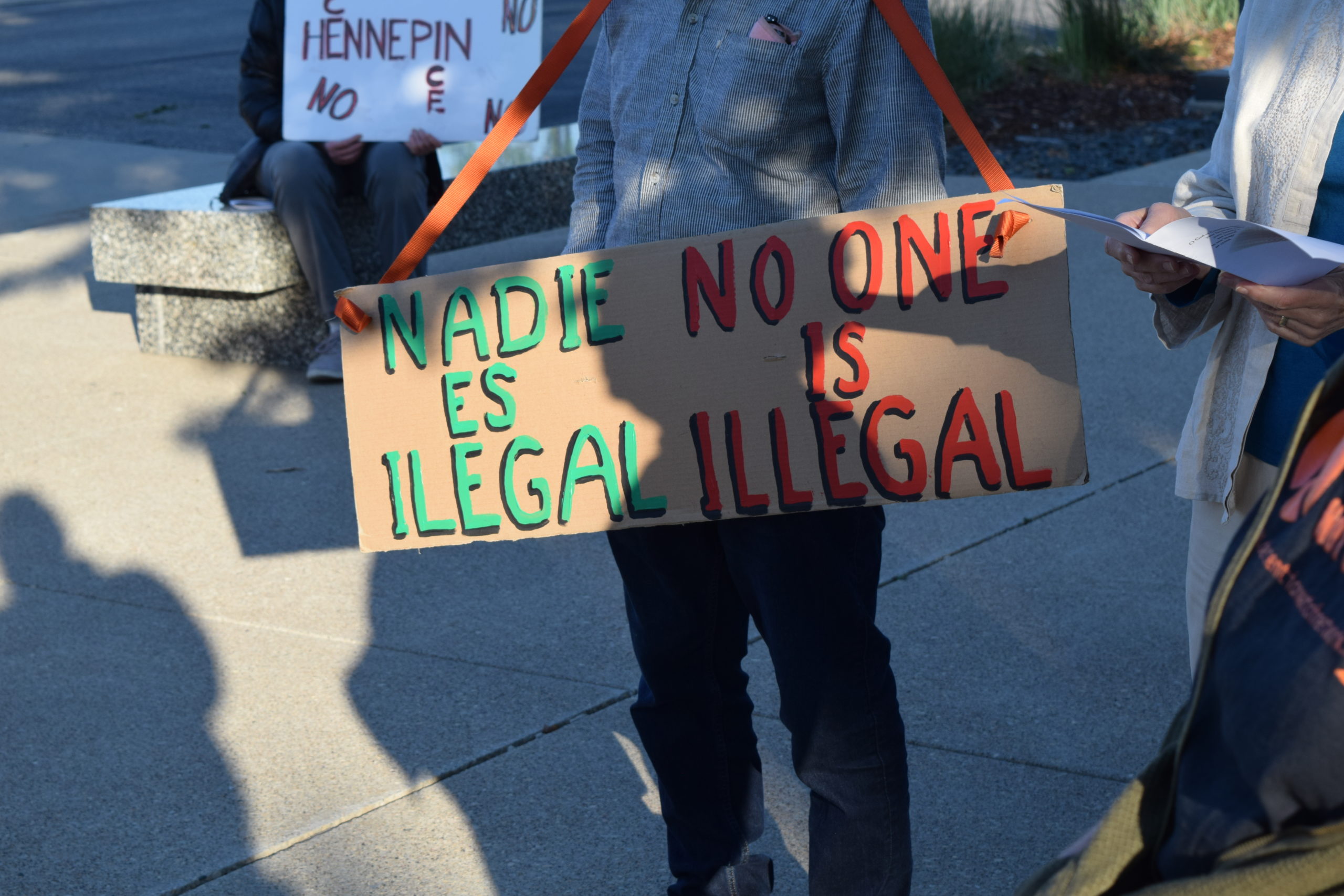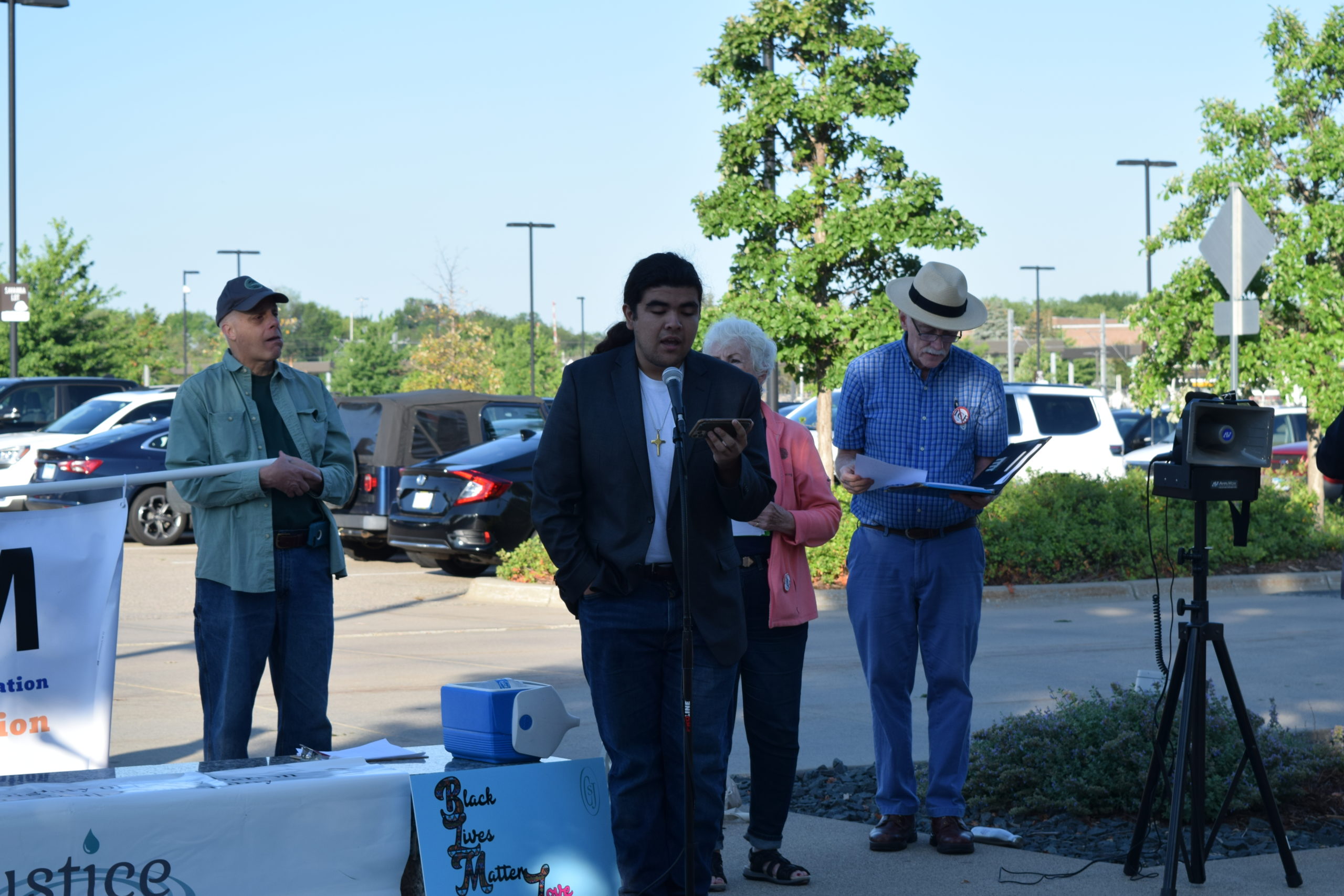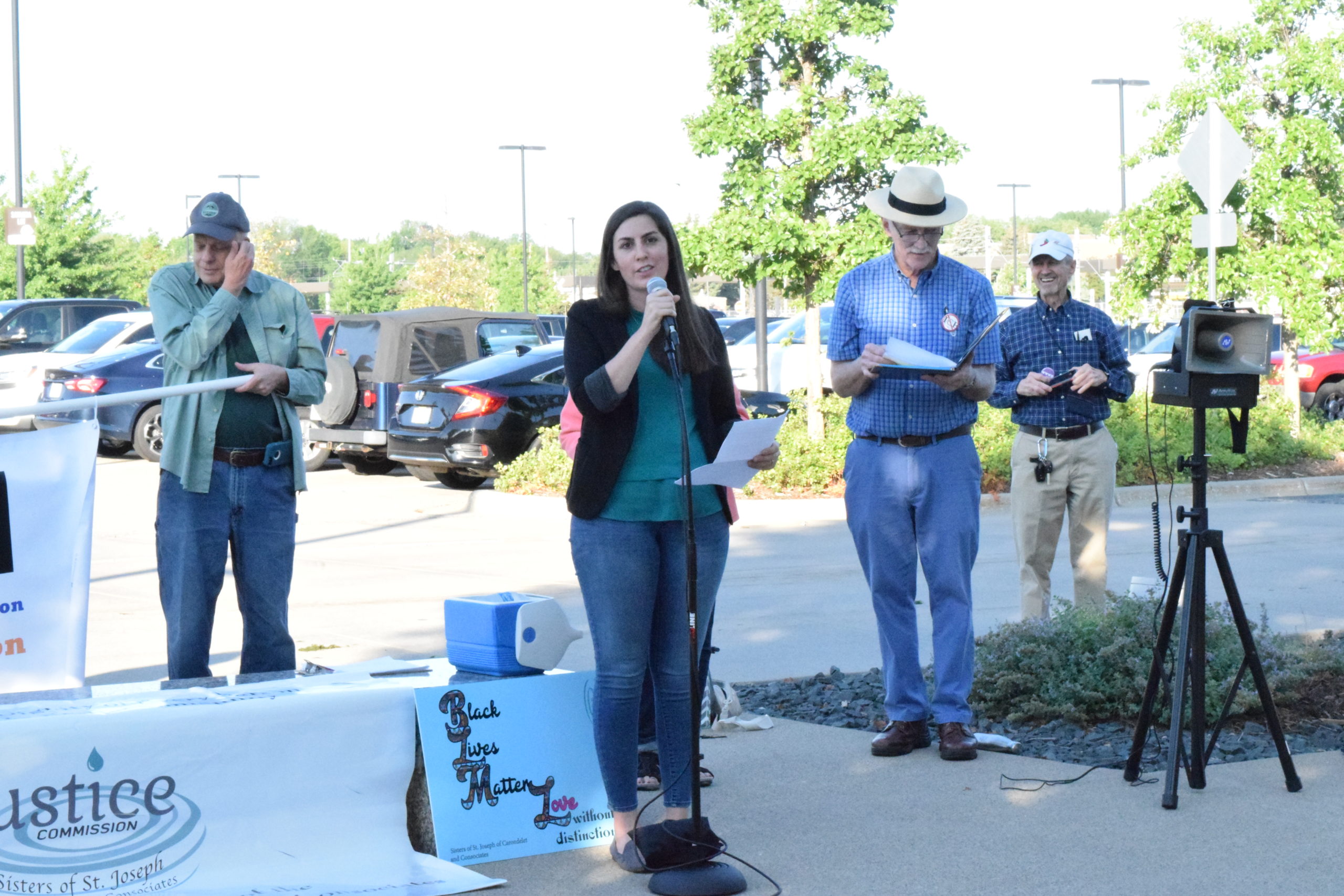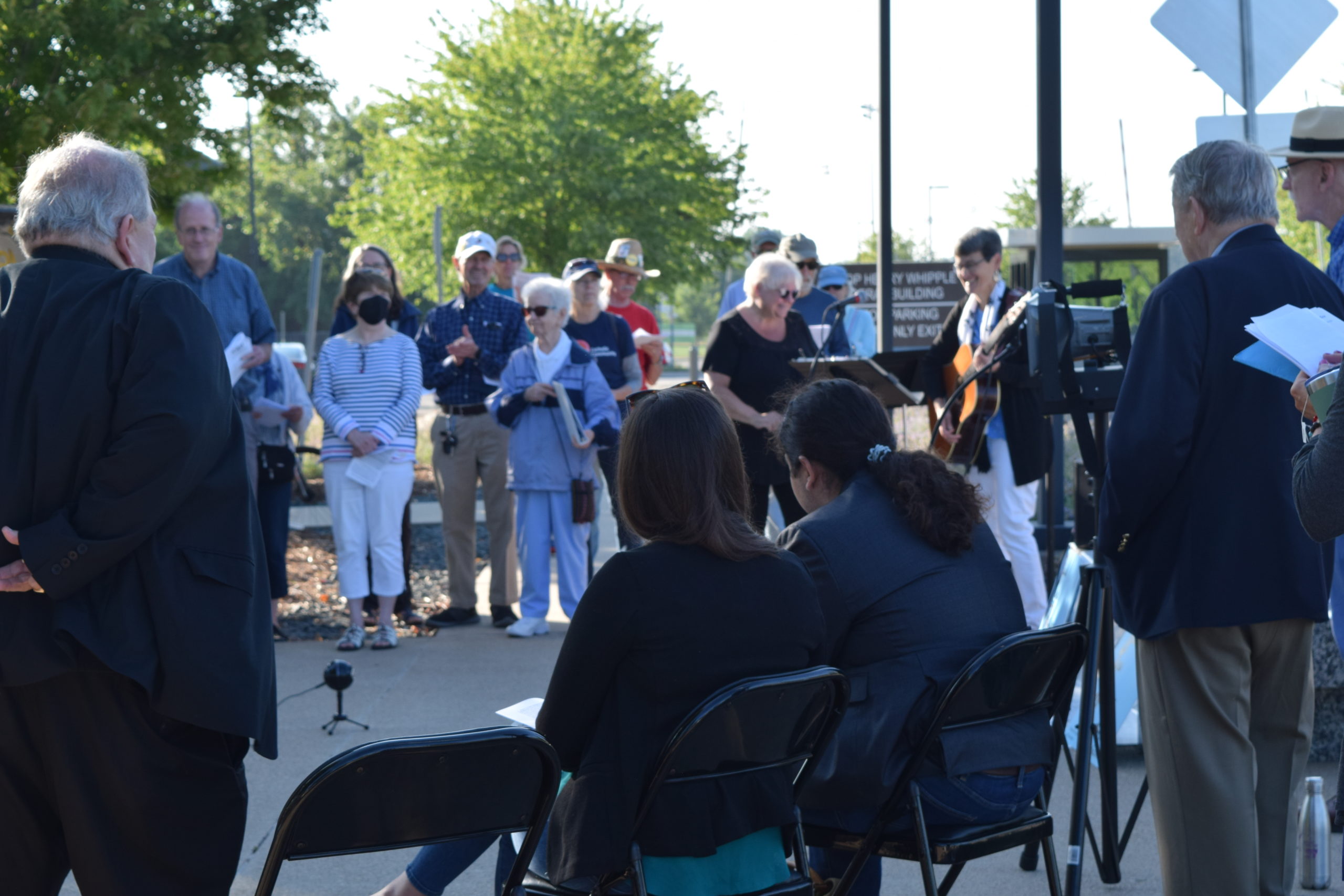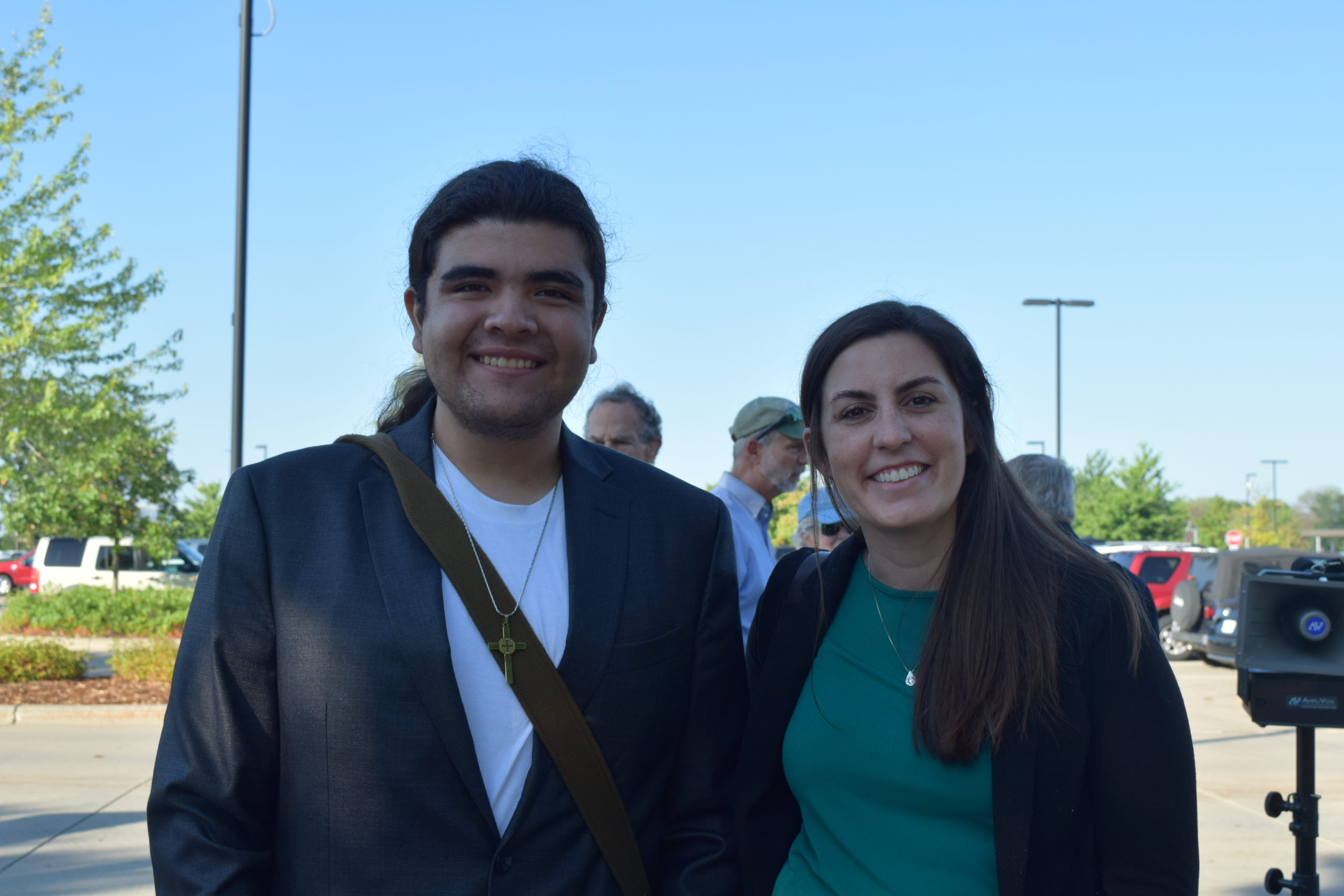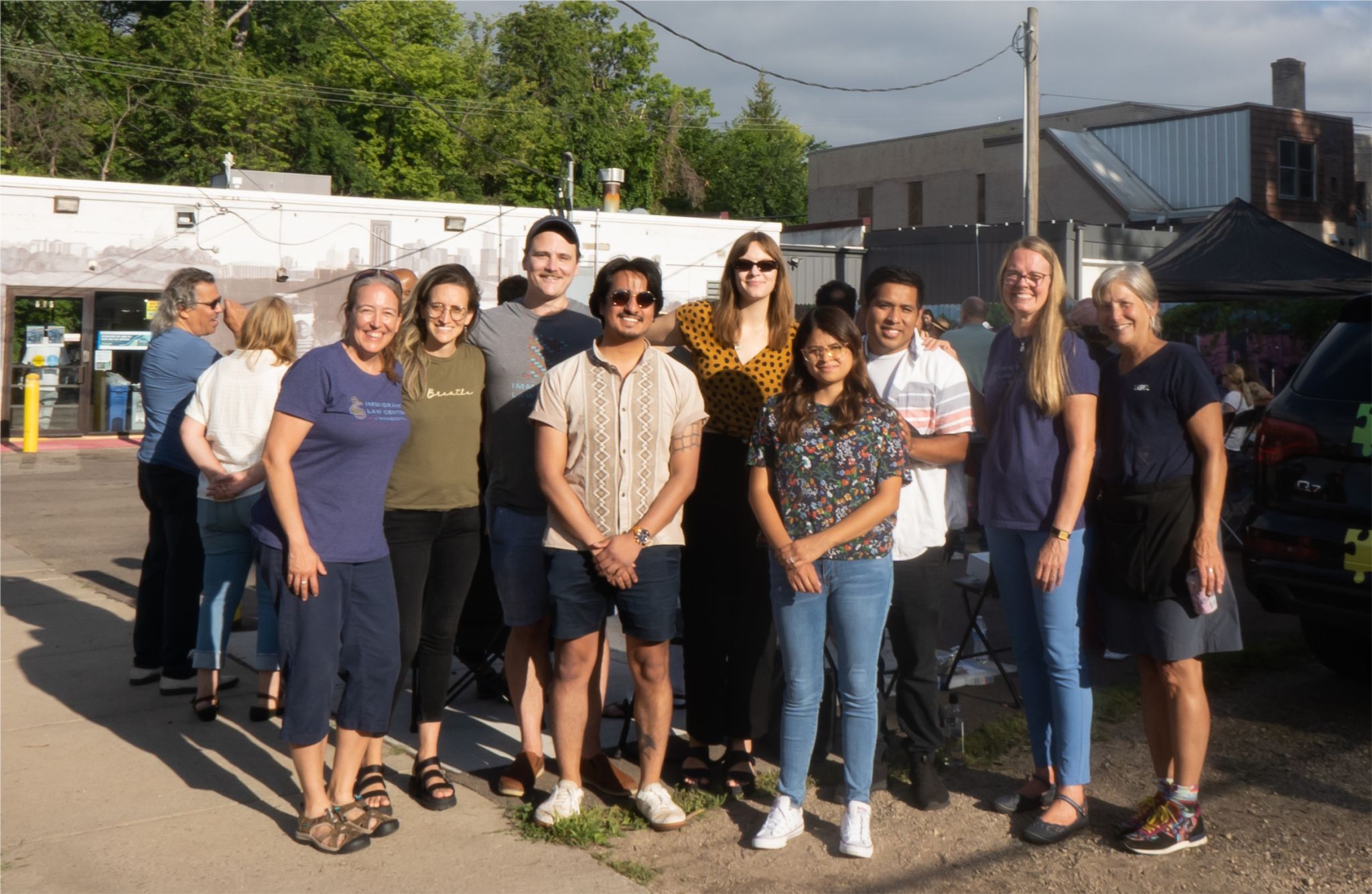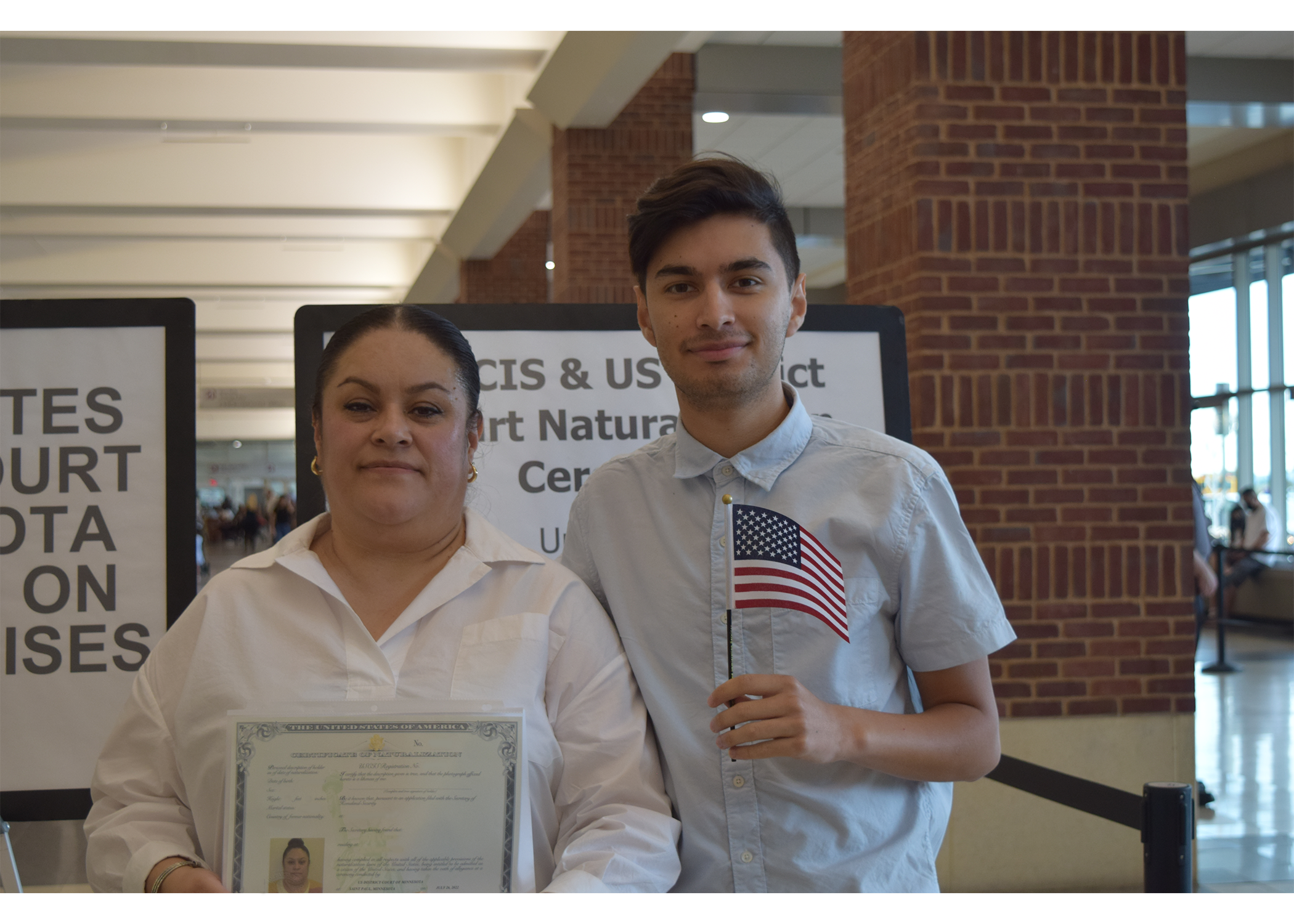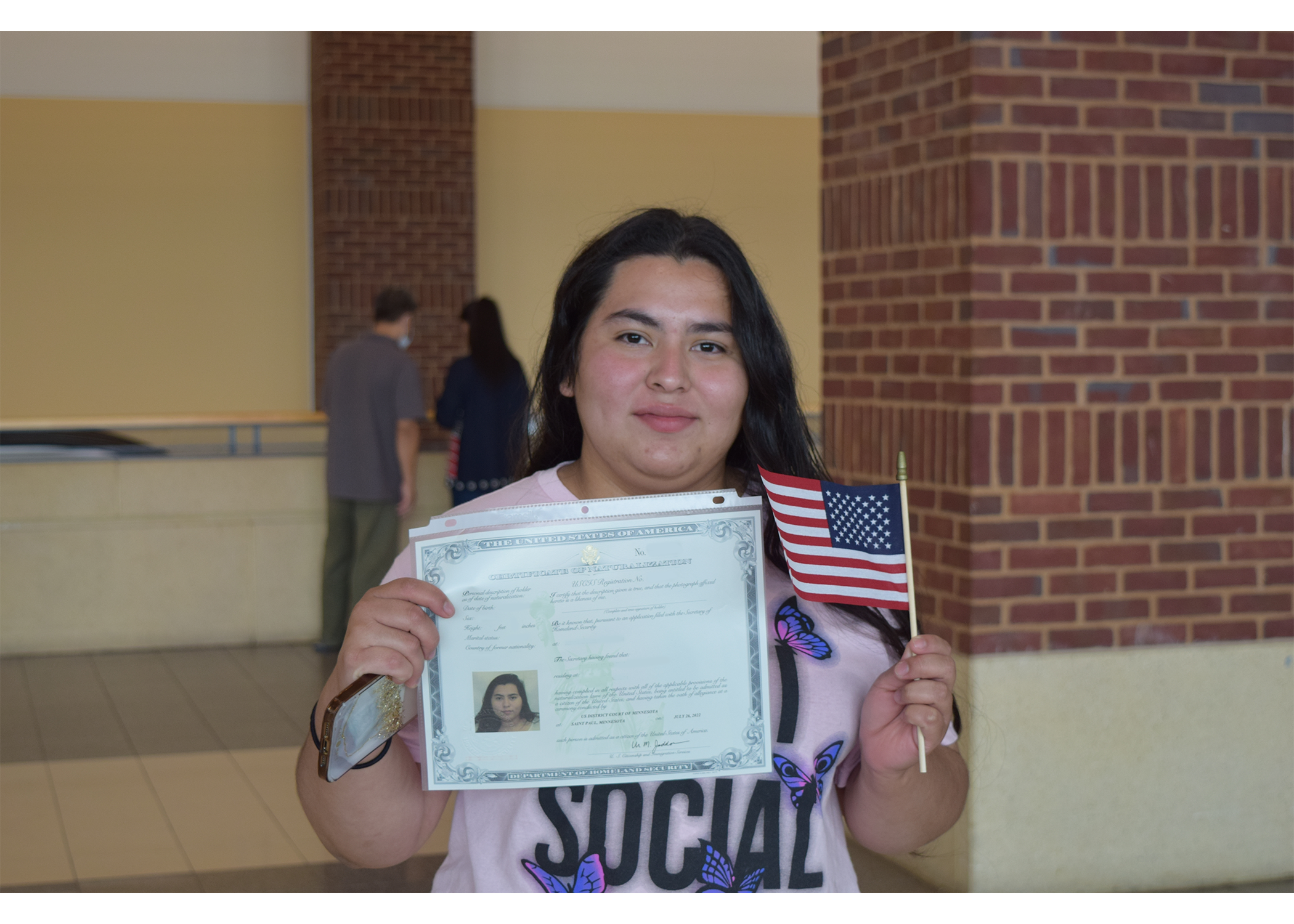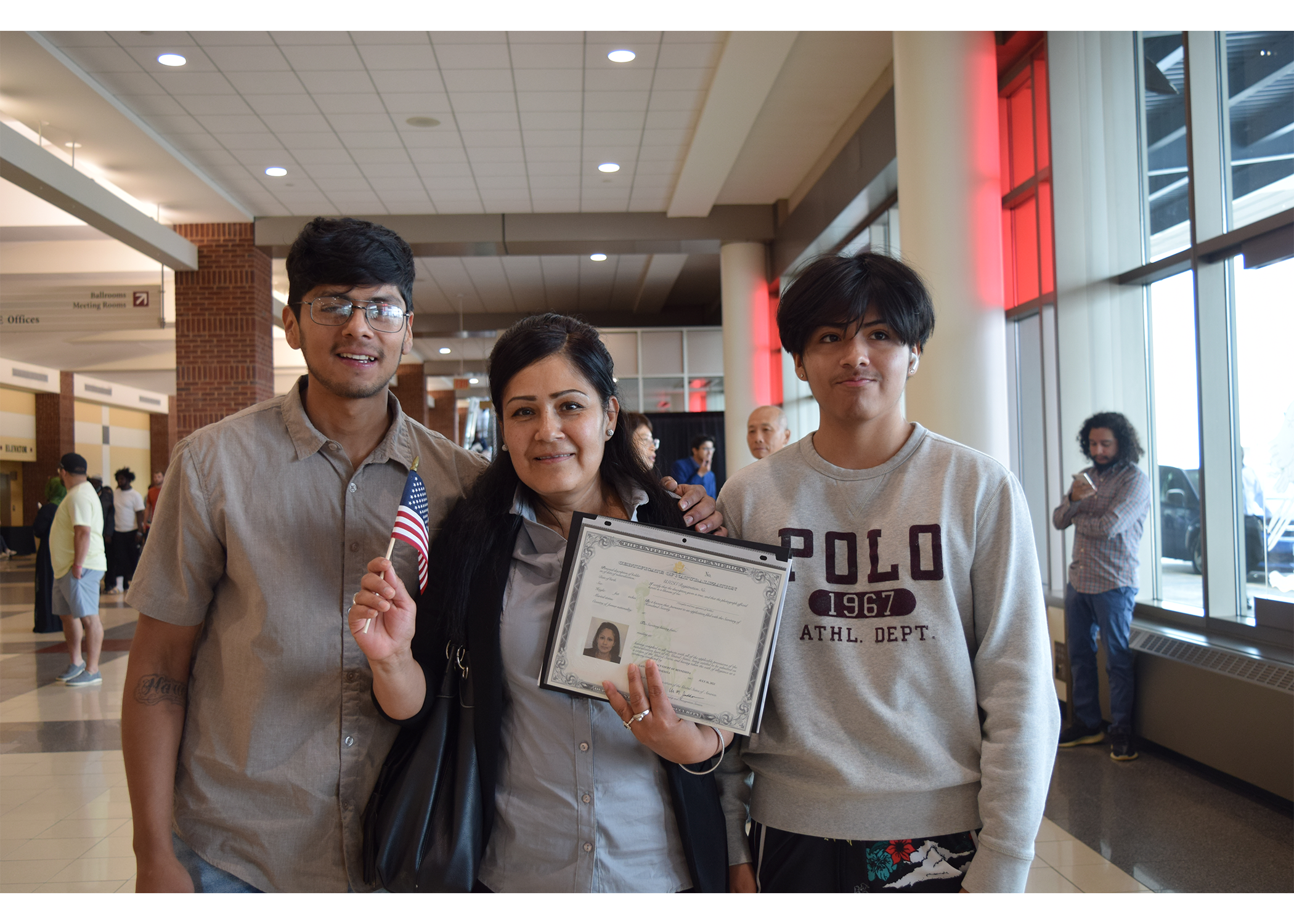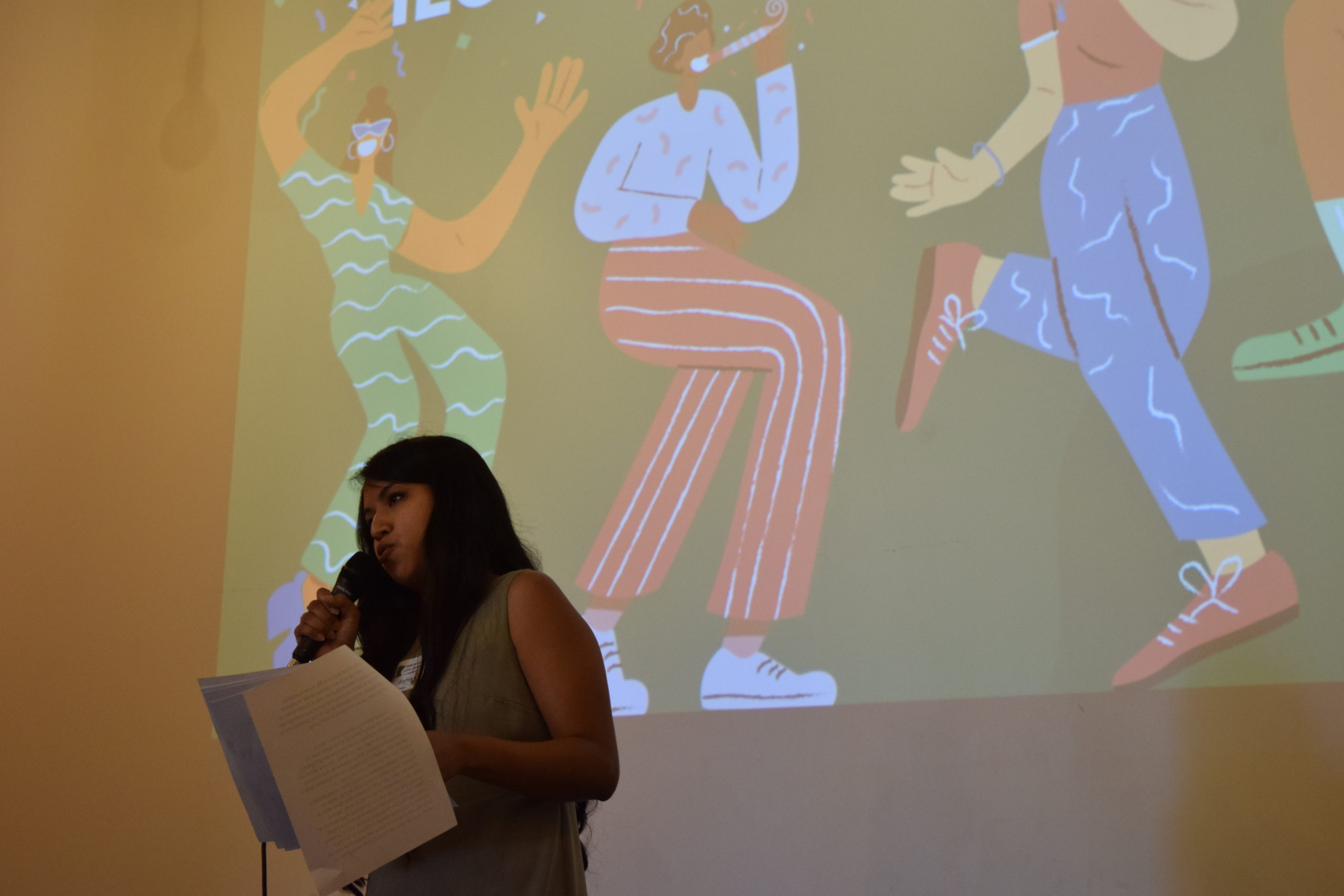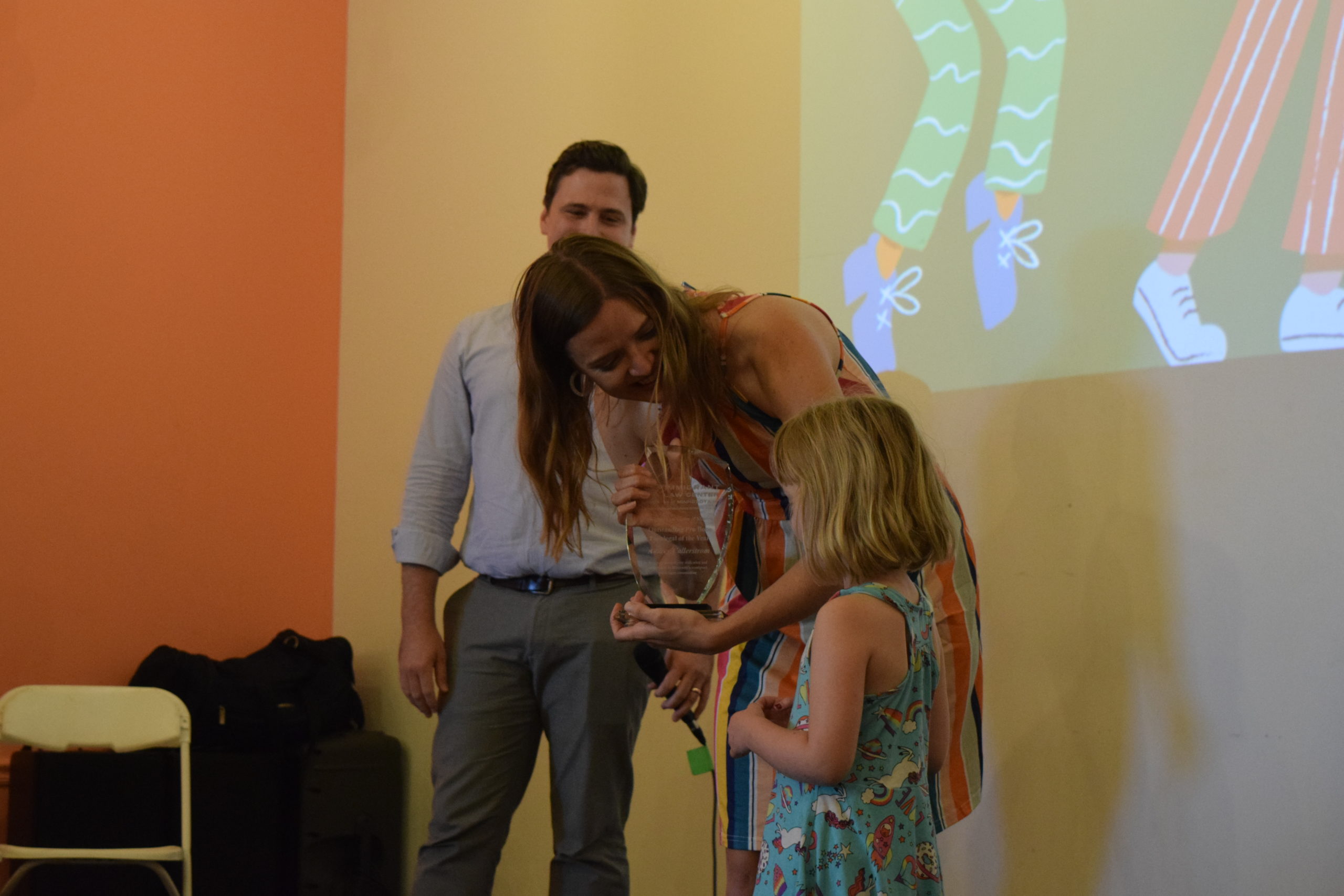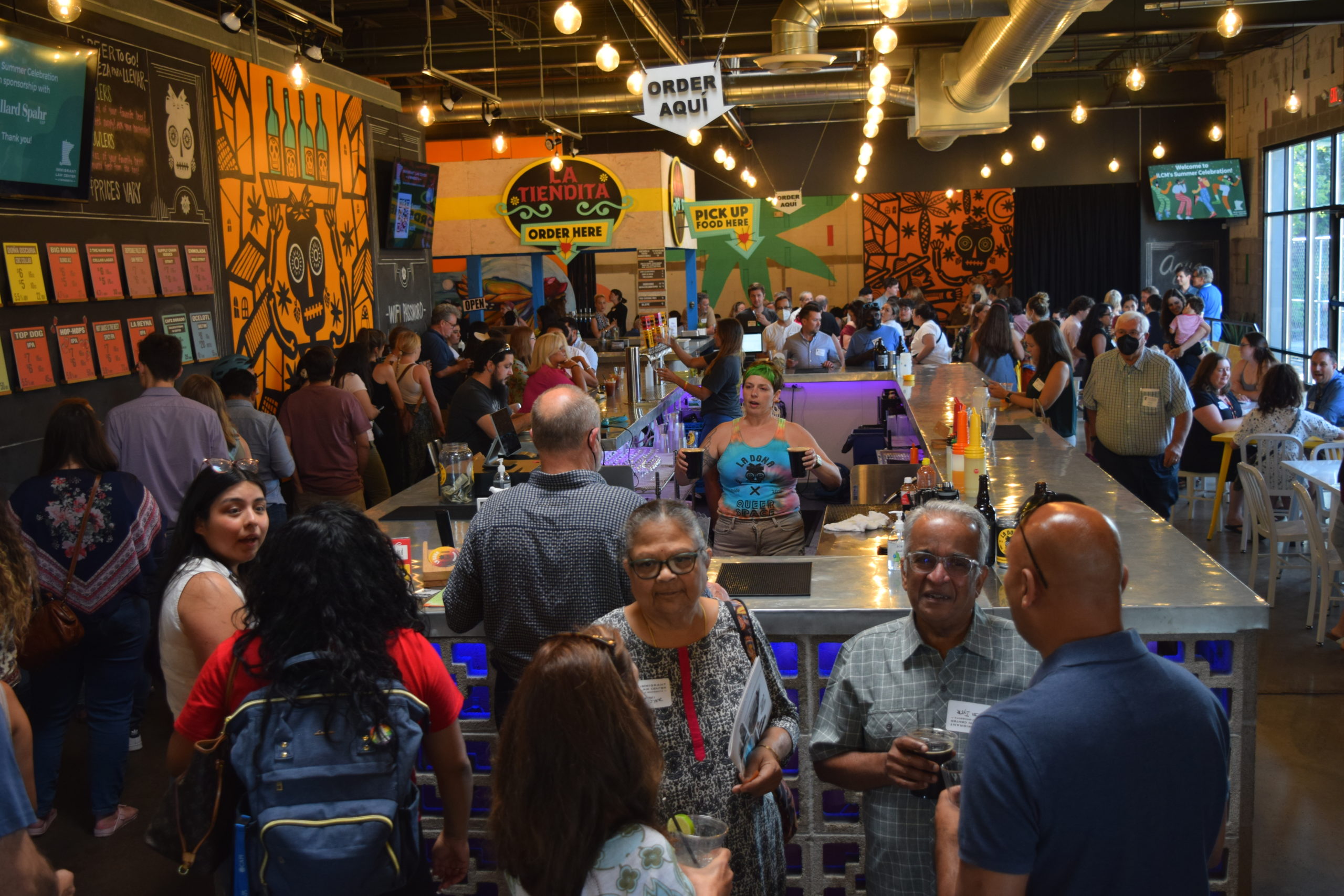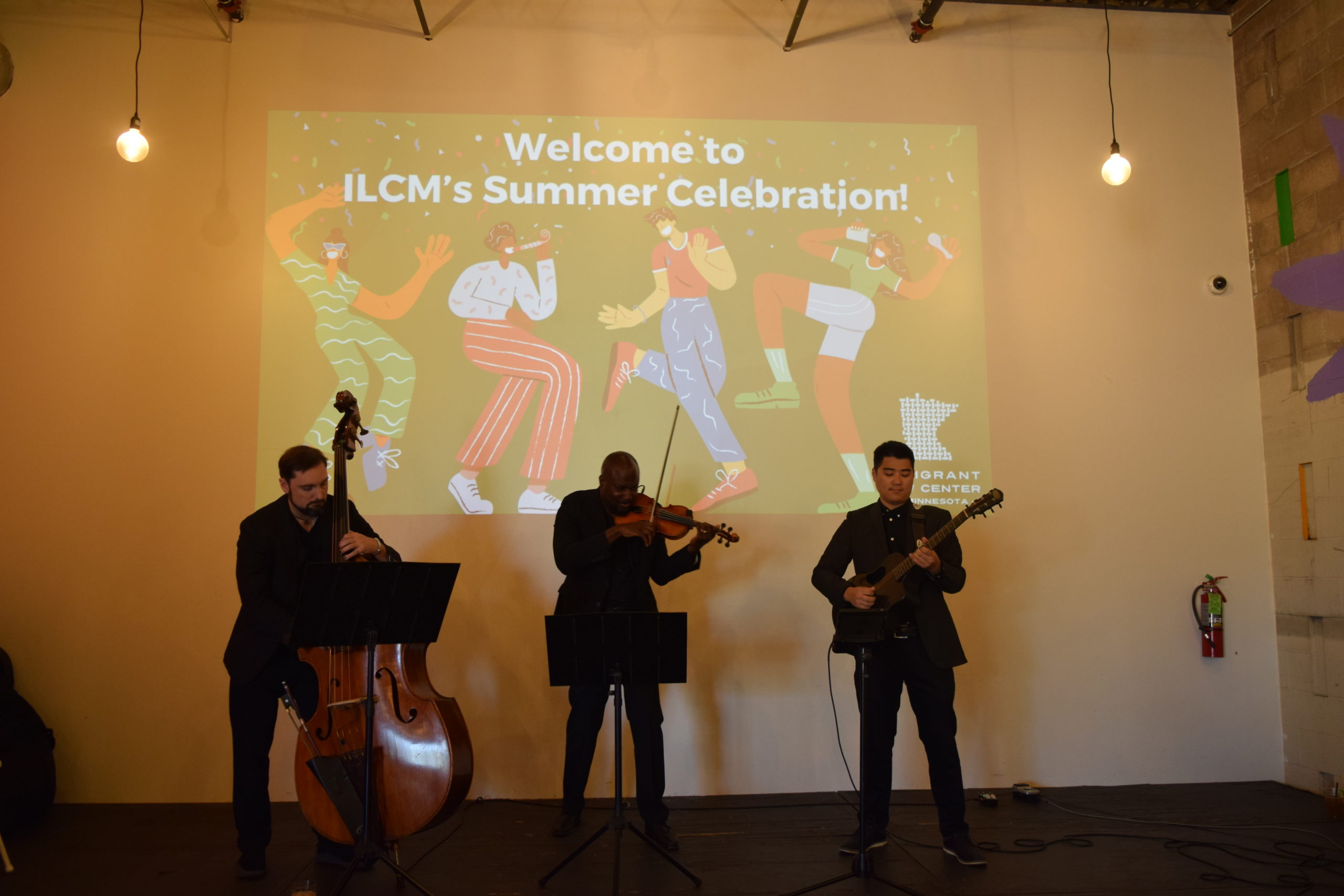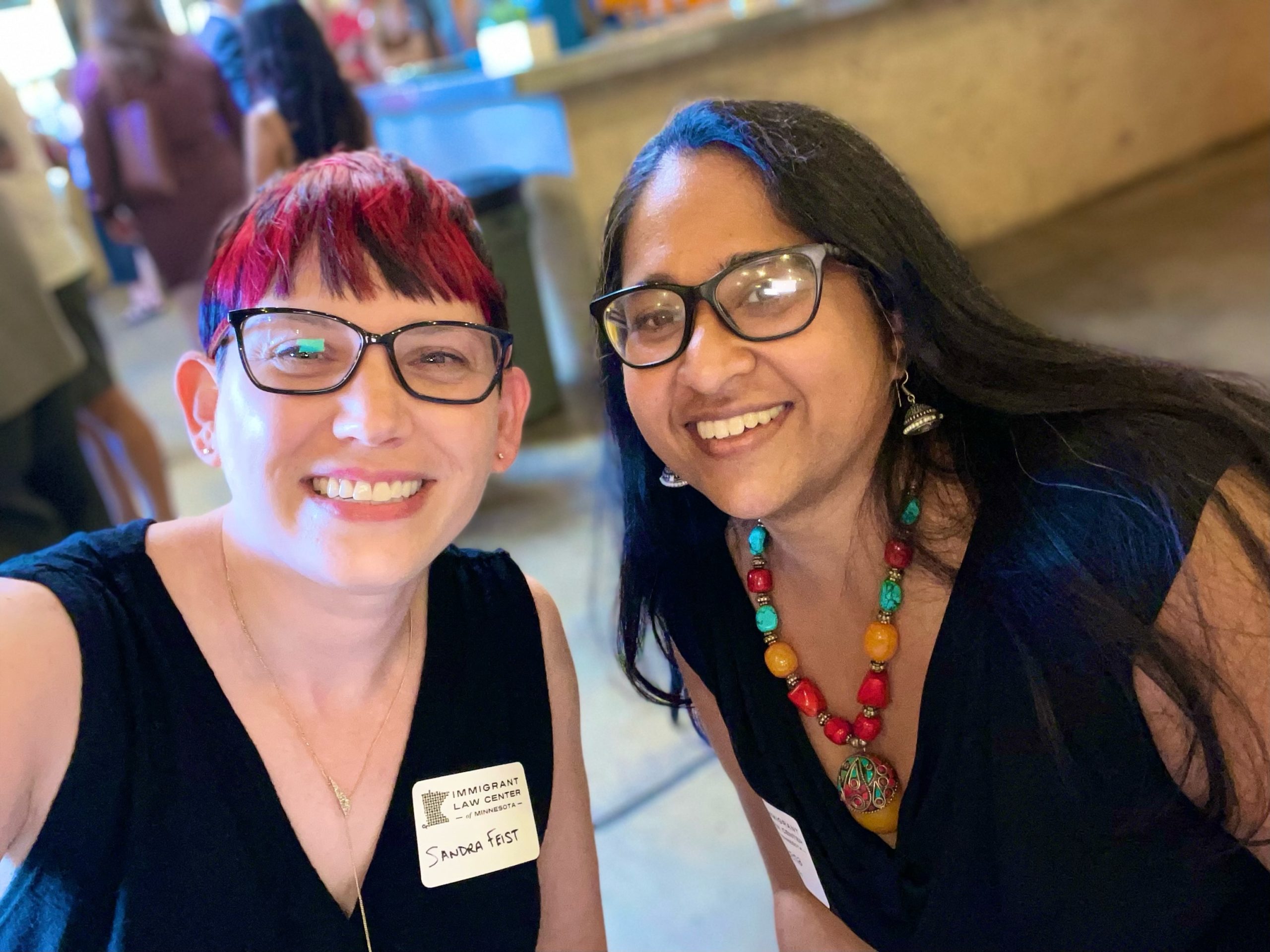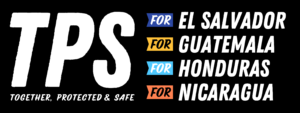
Now more than ever, it is time to stop playing political football with the lives of the hundreds of thousands of TPS holders living in the United States. Migrants fleeing violence and poverty cannot return to countries that are not safe. The United States must extend and redesignate #TPSForCentralAmerica and protect migrants seeking refuge and safety.
Migrants coming from Europe to Africa to the Caribbean have been able to access Temporary Protected Status. Let’s make sure those from Central America can continue to be protected by it as well.
Contact the White House and tell them that you want #TPSForCentralAmerica. Sample message: “We urge your administration to redesignate TPS for Honduras, El Salvador, Nicaragua, and designate TPS for Guatemala as soon as possible.”
TPS allows individuals of a designated country to live in the United States because their country conditions make safe return impossible. The conditions that allow a country to qualify for TPS are: ongoing armed conflict; natural disaster, or an epidemic; other extraordinary and temporary conditions. TPS is a temporary immigration status and does not provide a pathway to citizenship.
Migrants from Central America cannot return safely to Honduras, El Salvador, Guatemala, and Nicaragua. Safe return is impossible because of the continuing effects of two hurricanes in 2020 and multiple years of severe drought, exacerbated by the COVID crisis. Some migrants also fear return because of political repression. In Nicaragua, for example, a repressive government continues to jail political opponents, religious leaders, and the press.
Country by Country
El Salvador: Nationals of El Salvador who were present in the United States on March 9, 2001 were eligible for TPS on that date. Salvadorans arriving since then are not eligible. Extension of TPS for El Salvador would continue TPS for those already registered. Redesignation of TPS for El Salvador would allow Salvadorans who have arrived since 2001 to register.
Honduras: Nationals of Honduras who were present in the United States on December 30, 1998 were eligible for TPS on that date. Hondurans arriving since then are not eligible. Extension of TPS for Honduras would continue TPS for those already registered. Redesignation of TPS for Honduras would allow Hondurans who have arrived since 1998 to register. The new government of Honduras has requested TPS for its citizens. Many have already come to the US and have been living and working under TPS. Climate change is already having lasting and profound effects on the citizens of Honduras.
Nicaragua: Nationals of Nicaragua who were present in the United States on January 5, 1999 were eligible for TPS on that date. Nicaraguans arriving since then are not eligible. Extension of TPS for Nicaragua would continue TPS for those already registered. Redesignation of TPS for Nicaragua would allow Nicaraguans who have arrived since 1999 to register. The living conditions in Nicaragua continue to be disrupted, unsafe, and unstable.
Guatemala: Guatemala has not been designated for TPS. The government of Guatemala has requested Temporary Protected Status (TPS) for its citizens due to the impacts of the 2020 hurricanes on more than one occasion. More than half a million individuals from Guatemala would be eligible for TPS if it gets designated.
Designating Guatemala and redesignating TPS for Honduras, El Salvador, and Nicaragua fits squarely within the authority of the Department of Homeland Security (DHS) and the Department of State. TPS was created as a statute in 1990 to protect immigrants who are unable to return to their home countries because of situations of armed conflict, extraordinary circumstances which prevent governments from receiving their citizens safely, and natural disasters like back-to-back Hurricanes Eta and Iota that these countries experienced in November 2020 following a multi-year period of drought.
The lingering impact of Hurricanes Eta and Iota in November 2020 combined with the effects of climate change and the longer-term consequences of the COVID-19 pandemic have worsened food insecurity and instability in Central America. Hurricane Bonnie passed through Central America in July 2022, causing deaths in El Salvador and Nicaragua. As a new hurricane season begins, communities that have already been affected with loss of homes, livelihoods and the destruction of critical infrastructure from previous storms will again face the risk of flooding or devastation.
Hurricanes Eta and Iota left an estimated 9.3 million people, including 3.5 million people affected, and forced to leave their communities. As of July 2022, at least 8.4 million people require food assistance in Guatemala, Honduras, Nicaragua, and El Salvador.
TPS designation can help stabilize the region, allowing families to access vital resources through remittances sent by loved ones, while governments and international humanitarian organizations work to aid those harmed by natural disasters and already suffering the effects of the pandemic, as well as ongoing violence, poverty, and corruption. The growing crackdown against independent journalists and civil society organizations across Nicaragua, Guatemala, and El Salvador also exacerbates risks for individuals returning home.
The urgency of granting a new TPS designation for nationals of Guatemala, Nicaragua, Honduras, and El Salvador who are already in the United States cannot be overstated.
Contact the White House and tell them that you want #TPSForCentralAmerica. Sample message: “We urge your administration to redesignate TPS for Honduras, El Salvador, Nicaragua, and designate TPS for Guatemala as soon as possible.”





